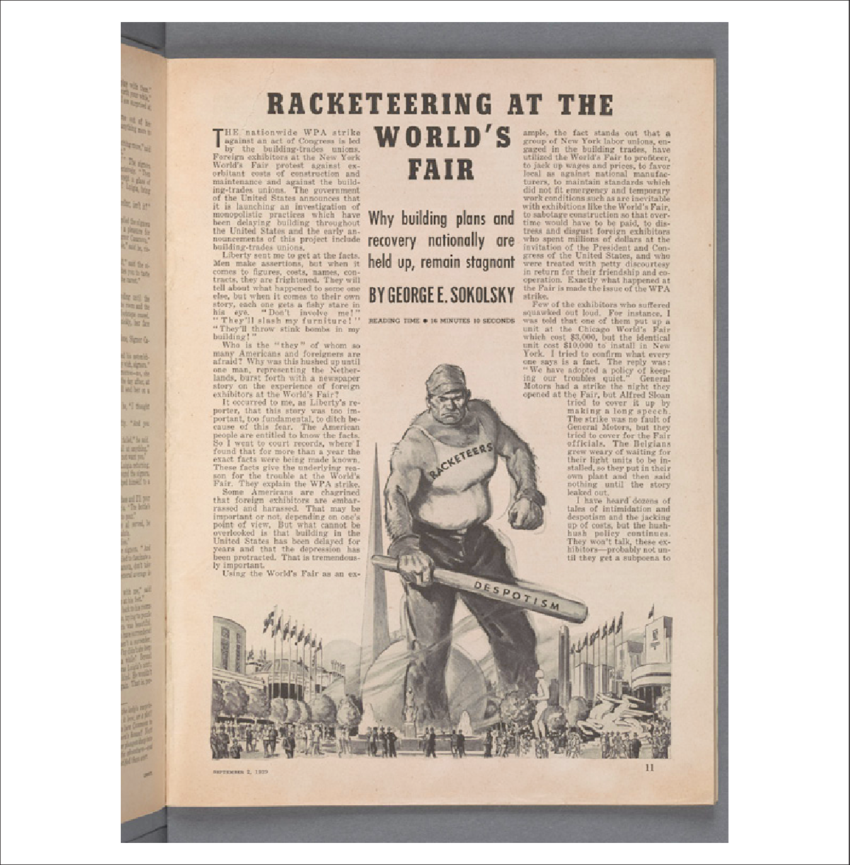By Kienan O’Doherty, A&E Editor
Kicked out of Russia, thrown on a train to China are just two of the many events in the life of George Sokolsky Sr..
As part of Ohio Wesleyan University’s Commemoration of the 100 year anniversary of the Bolshevik Revolution, Anne Sokolsky, chair of the department of comparative literature, discussed her grandfather and his travels through China as well as his experience in print journalism. She also discussed how each chapter of his life was by force, and not by choice.
George wrote a column titled “These Days,” which was syndicated in more than 300 U.S. newspapers. But he wasn’t the most popular man among NYC intellectuals who tended to be socialists. He supported controversial politician Joe McCarthy, and was the only journalist who did at the time. His friends called him a genius, but his enemies preferred to call him the “Jewish Rasputin of China” because his relentless foe of communism.
Anne Sokolsky said she understood why he supported such a controversial politician.
“My grandfather, who worked as a journalist witnessed first hand the Bolshevik take over of Russia and then the rise of Communism in China, by the time my grandfather returned to the U.S. (He had to return. Someone tried to kill him), he was convinced of two things. 1) Communism was awful. 2) Americans were too naïve about it,” Sokolsky said. “My grandfather felt that the Americans in the U.S. who believed in Communism were “armchair” Communists who had no understanding of Stalin’s real motives.”
George Sr. started his career as a journalism student at Columbia University in New York, in which later he got thrown out. He also was a ghostwriter for Herbert Hoover (who also spoke at OWU).
His granddaughter, Anne, is now writing a book about him and his exploits.
“The working title of the manuscript is “They Called Him Sok: A Granddaughter’s Search for Her Grandfather Journalist George E. Sokolsky Through Archives, Memorabilia, and Family Lore.” At this point, I envision the book to be a biography of my grandfather told through the third person,” Sokolosky said. “The introduction and epilogue will be told through my voice (first person) and I will begin each chapter with a vignette in which I write in my voice in a semi poetic-creative style about an object of my grandfather’s that ties in with the point of each chapter.”
Additionally, George was also involved in Sino-Japanese relations from the late 1910s to 1931, Sokolsky said. He worked for Sun Yat-sen and knew Chiang Kai-shek.
“As a child, my dad remembers playing chess with Madame Chiang,” Sokolsky said. “The big question seems to be whose side was my grandfather working for? Was he a Chinese sympathizer, Japanese sympathizer, or both? Different scholars have different opinions on this matter. I am trying to figure this out a bit more.”
